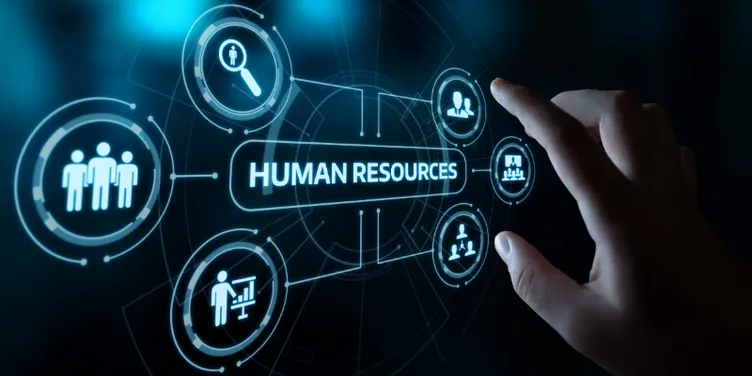The Future of Remote Work: Reshaping HR in the Digital Age
- Human Resource Management
- P. Kirti Sai Samikshya
The COVID-19 pandemic accelerated a trend that was already in motion: the shift towards remote work. As we move forward, it's clear that remote and hybrid work models are here to stay, fundamentally changing how businesses operate and how human resources departments function. Let's explore the future of remote work and its profound impact on HR.
Embracing Flexibility
The future workplace will be characterized by flexibility. Companies are increasingly adopting hybrid models, allowing employees to split their time between office and remote work. This shift requires HR to rethink traditional policies and create new frameworks that support both in-office and remote employees equitably.
HR professionals must develop strategies to maintain company culture, foster collaboration, and ensure productivity in this new environment. This may involve implementing digital tools for virtual team building, creating guidelines for remote work etiquette, and establishing clear communication channels for dispersed teams.
Global Talent Acquisition
Remote work has erased geographical boundaries in talent acquisition. HR departments now have access to a global talent pool, allowing them to find the best candidates regardless of location. This presents exciting opportunities but also new challenges.
HR will need to navigate international employment laws, manage diverse time zones, and develop strategies for integrating remote workers into the company culture. Additionally, they'll need to create competitive compensation packages that account for varying costs of living across different regions.
Skills-Based Hiring and Continuous Learning
With remote work, the emphasis is shifting from traditional qualifications to skills-based hiring. HR professionals will need to develop new assessment methods to evaluate candidates' remote work capabilities, digital literacy, and self-motivation.
Furthermore, as the pace of technological change accelerates, continuous learning becomes crucial. HR will play a vital role in implementing robust online training programs and creating a culture of lifelong learning to keep the workforce competitive and engaged.
Employee Well-being and Mental Health
Remote work can blur the lines between professional and personal life, potentially leading to burnout and isolation. HR departments will need to prioritize employee well-being and mental health more than ever before.
This may involve implementing virtual wellness programs, providing resources for mental health support, and training managers to recognize signs of stress in remote team members. HR will also need to encourage work-life balance by promoting flexible schedules and "right to disconnect" policies.
Performance Management in a Remote World
Traditional performance management systems may not be effective in a remote work environment. HR will need to develop new metrics and evaluation methods that focus on outcomes rather than hours worked.
This shift may involve implementing continuous feedback systems, setting clear expectations and goals, and training managers on how to effectively lead and evaluate remote teams. HR will also need to ensure that remote workers have equal opportunities for career advancement and recognition.
Technology and Data-Driven HR
Technology will play an increasingly crucial role in HR functions. From AI-powered recruitment tools to virtual onboarding platforms and employee engagement apps, HR professionals will need to become adept at leveraging technology to streamline processes and enhance the employee experience.
Moreover, data analytics will become central to HR decision-making. HR departments will need to develop capabilities to collect, analyze, and act on data related to employee performance, engagement, and well-being in a remote work context.
Compliance and Security
With a distributed workforce, ensuring compliance with labor laws and maintaining data security become more complex. HR will need to work closely with legal and IT departments to develop robust policies and systems that protect both the company and its employees.
This may involve implementing secure remote access protocols, providing training on data protection, and staying up-to-date with evolving regulations around remote work in different jurisdictions.
In conclusion, the future of remote work presents both challenges and opportunities for HR professionals. By embracing flexibility, leveraging technology, and focusing on employee well-being and development, HR can play a pivotal role in shaping the future of work. As we navigate this new landscape, the HR function will evolve from a support role to a strategic partner, driving organizational success in the digital age.
Written By: P. Kirti Sai Samikshya
Student At ISB&M Banglore
Medium link










